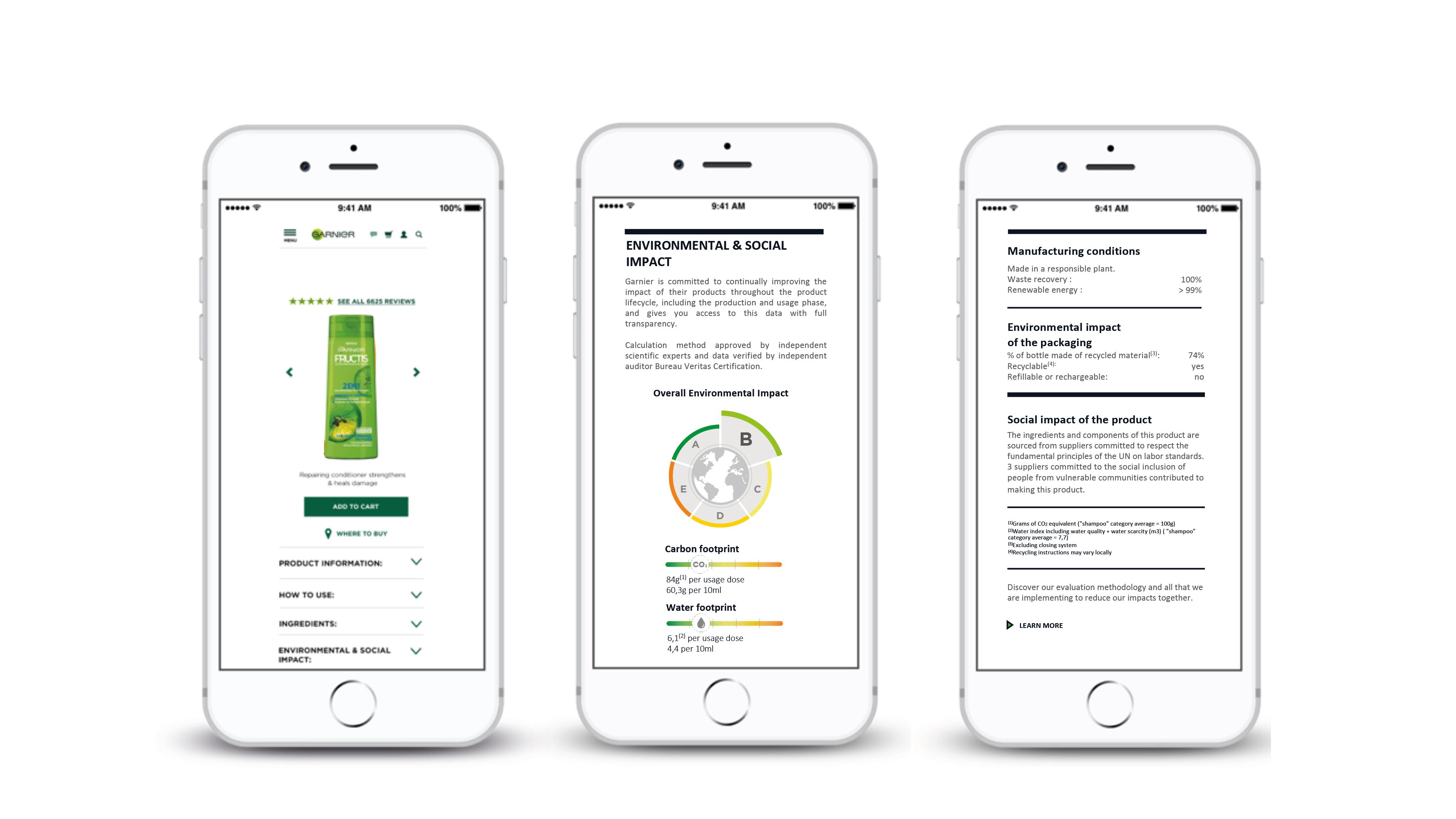Last year was awash with fresh challenges for beauty and personal care brands and retailers, as the world changed at lightning speed. CosmeticsDesign-USA spoke to Lezlee Westine, president & CEO of the Personal Care Products Council (PCPC), about the hurdles the industry had faced, as well as the opportunities that lay ahead.
Vital steps toward diversity, equity, and inclusion
Diversity, equity, and inclusion (DEI) had been high on the agenda for the PCPC and many of its members in 2022. Although it was not an issue that could be solved overnight, the past year had seen strong progress through programs and initiatives to improve recruitment and retention and to address racial disparities in leadership and pay, according to the PCPC.
“A diverse, equitable, and inclusive workplace undoubtedly fosters more innovation and creativity, less biased decision-making, and produces better ideas for solving problems,” said Westine. “Our most recent member Sustainability Assessment Survey fielded in January 2022, showed that more than 75% of PCPC member companies had DEI policies and programs in place.”
A focus on sustainability and social responsibility
Recent years had also shed light on the urgent and complex challenges facing our natural systems and the pressing need to take significant measures to protect our planet. Governments and businesses across the globe had stepped up their climate actions and made greenhouse gas emissions reduction a top priority, in alignment with the Paris Agreement, and the PCPC had also made this a key focus for its work.
“Climate action is a top priority for our member companies, and our industry has undertaken leadership commitments and ambitious initiatives to reduce greenhouse gas emissions and transition toward a low-carbon economy,” said Westine.
“PCPC’s 2022 Member Sustainability Assessment Survey revealed that 92% of respondents indicated they are engaged in some sustainability activities; more than half (64%) have integrated sustainability into their business operations and have a formal program; and 56% said that sustainability has become a top three priority on their CEO’s agenda. Business as usual has changed for the world.”
Long-awaited change
Late 2022 also saw a game-changing reform that modernized the federal regulatory oversight of cosmetics for improved product safety and innovation. The Modernization of Cosmetics Regulation Act of 2022 (MoCRA) made a crucial update to cosmetics law in the US: amending Chapter VI of the Federal Food, Drug, and Cosmetic Act (FD&C Act).
“After more than a decade of advocacy efforts, a diverse group of stakeholders came together to support a contemporary approach to cosmetics oversight and strengthen consumer trust in the products they use every day,” shared Westine. “We look forward to working with the FDA and key stakeholders to implement this historic legislation.”
Relying on rigorous science to boost trust
Westine anticipated that 2023 would be a year of continued momentum for commitment to the wellbeing of employees, consumers, and communities, as well as the commitment to sustainability and environmental issues.
“We will continue to advocate globally on trade and regulatory initiatives, including environmental sustainability initiatives such as the European Union Green Deal,” she shared. “It is critical that we rely on rigorous science in our efforts to provide consumers with access to the products they trust and use every day.”
She believed that more companies would integrate sustainable practices into business operations, advance programs to improve employee recruitment and retention, and address racial disparities in leadership and pay to continue to make progress throughout the year. “Our biggest challenges are also our biggest opportunities,” she shared. “Protecting people and the planet is an urgent responsibility.”
Moving toward a circular economy
Growing concern with increased waste generation had pushed private sector organizations, civil society, and governments around the world to identify ways to transition the current economy from a linear economic model (take, make, use, toss) toward a circular design that eliminates waste and pollution, keeping resources in use and out of landfills.
“PCPC member companies understand that a systems approach, including upstream solutions for better packaging materials and design, as well as downstream solutions of waste recovery and recycling infrastructure, are required to address the mounting global waste,’ she concluded.




